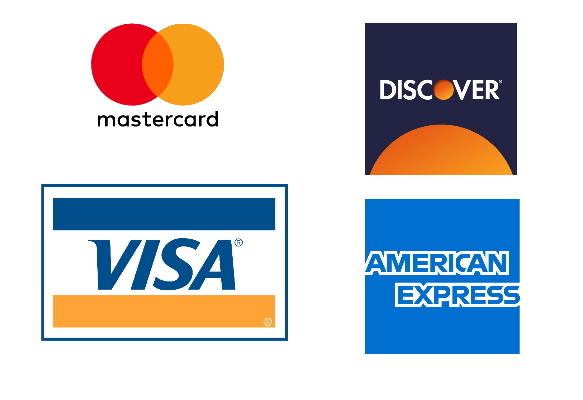How to Dispute a Credit Card Charge: Avoid Being a Fraud Victim

When making a purchase, utilizing a credit card is generally the best form of payment. This is due to the protections against fraud that most credit card issuers provide. Generally, if your card is stolen or used by an unauthorized party, you can contact the credit issuer and you will be reimbursed due to zero fraud liability policies. If you use cash or a debit card, you will be giving up these protections.
Assuming no fraud is involved, there may be times where you authorize a purchase, but the item is never received, or the item is different than what you purchased. Alternatively, you may be charged multiple times for the same item, or the subscription that you already cancelled just keeps getting charged. All of these are potential reasons to dispute a credit card charge.
How to Dispute a Credit Card Charge
Before contacting your credit card issuer, first try to resolve the issue with the merchant. The merchant may have accidently shipped the wrong item or unintentionally billed you. In these instances, the merchant is usually quick to make the situation right. However, there will be times where a merchant is unwilling to cooperate or even fails to respond to you. For example, I recently purchased an item on Facebook Marketplace, and it turned out to be a scam. The seller immediately deleted his profile and left me with no way to contact him. In instances like these, where the merchant is unwilling to correct the charge, you should file a dispute.
Not only is it important to contact the merchant to provide them an opportunity to make the situation right, your credit card issuer will also ask if you have contacted the merchant. Making this contact is an essential part of your claim. When possible, contact the merchant using email or another written electronic method that you can keep as supporting information for your credit dispute. After a dispute is filed, the credit card issuer will reach out to the merchant to determine if the charge is valid. Generally, the merchant has 90 days to respond. If the merchant fails to respond, the dispute will be closed in favor of the credit card holder.
To dispute a charge, you have several options. You can either call the number on the back of your credit card, utilize the company’s webpage, or use the mobile app to dispute a charge.
How long do I have to dispute a credit charge?
Generally, a charge must be disputed within 60 days. As a result, you should reach out to the merchant as early as possible to allow them time to correct the situation before filing a dispute.
How long will the dispute process take?
Your credit issuer will investigate your dispute for up to 90 days. During this time, the merchant is provided an opportunity to respond to the dispute. Therefore, you need to maintain any correspondence and supporting documentation for at least 90 days. The credit card issuer may ask for documentation to support your claims, or they may ask for additional information after the merchant responds.
What You Need to Know When Filing a Dispute
1. Wait for the charge to clear. A pending charge has not posted to your card, so you will be unable to dispute it until after it posts. Remember, this is only applicable when disputing a charge. If your card was stolen or fraud exists, contact your credit card issuer immediately.
2. Contact the merchant before disputing a credit card charge.
3. File your dispute within 60 days of the transaction.
4. Maintain all documentation related to the charge for at least 90 days. The investigation may take up to 90 days before the case is closed.
5. Keep an eye out for inquiries and correspondence from your credit card issuer. If additional information is required, you generally have a specified amount of time to provide it before the case is closed. If you fail to provide the information within this time frame, the case will likely be ruled in favor of the merchant. In contrast, if the merchant fails to respond, it will be ruled in the cardholder’s favor.
6. Follow-up to ensure the documentation you submit is received. If the credit card issuer accepts electronic messages, this is typically the best way to maintain proof that you sent the information requested. However, some credit card issuers require regular mail or facsimile (fax). If this is the case, call within a few days of sending the documents to ensure receipt.



